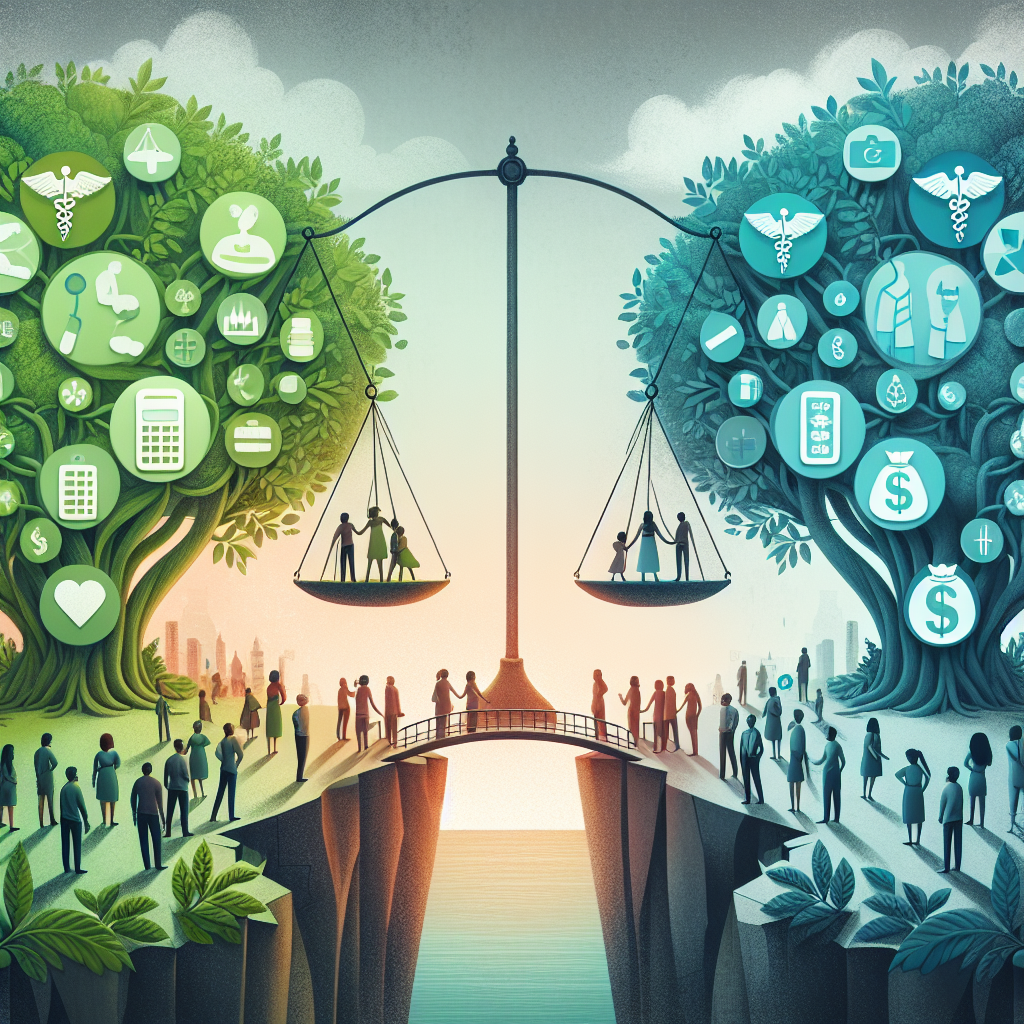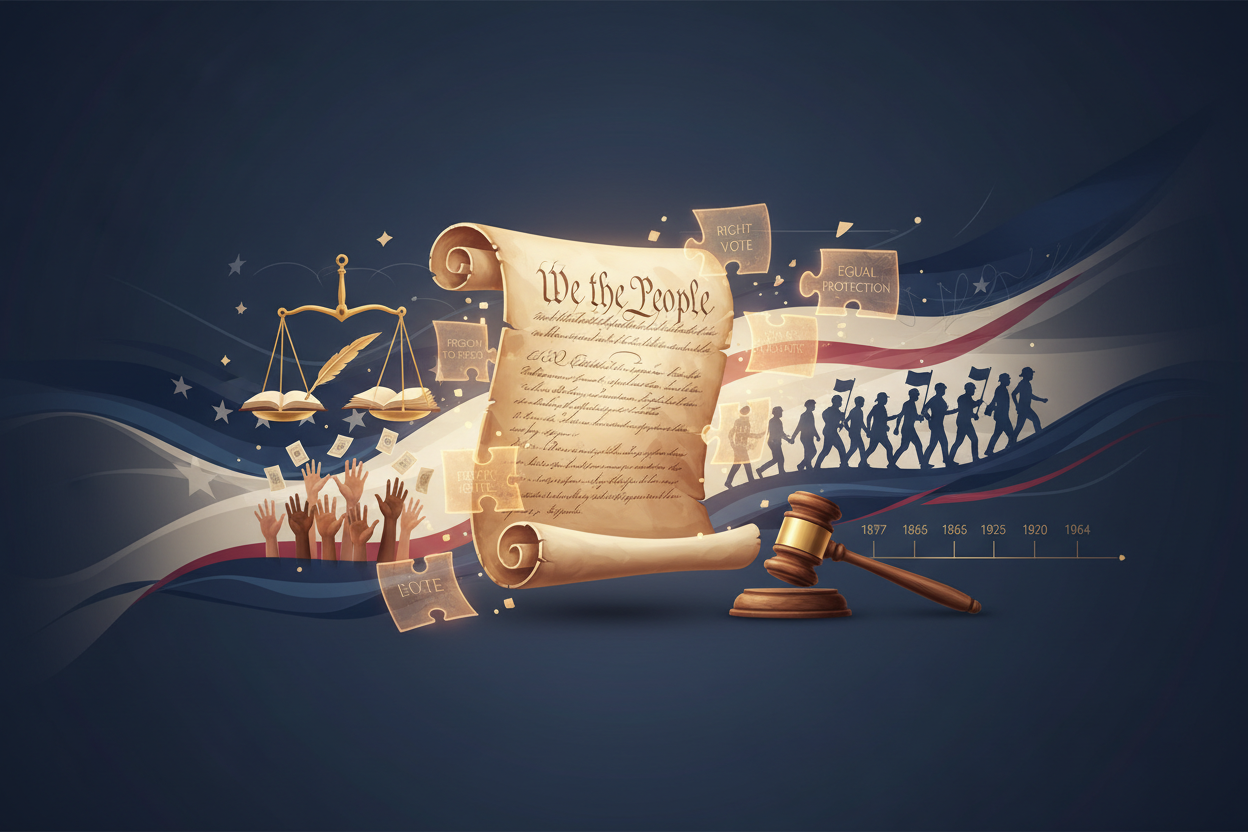Analyzing Recent Legislation: Impact and Controversies
The ever-evolving landscape of legislation is a testament to the dynamic nature of society and governance. In recent years, a number of significant legislative changes have sparked widespread debate and controversy. These changes, while aimed at addressing pressing societal issues, often come with their own set of challenges and implications. In this blog post, we will delve into the impact and controversies surrounding recent legislation, exploring the multifaceted effects these laws have on individuals and communities.
Introduction to Recent Legislation
Legislation serves as the backbone of societal order, providing a framework within which communities function. Recent legislative changes have tackled issues ranging from climate change to digital privacy, each with its own set of objectives and obstacles. As we navigate these changes, it’s important to understand both the intended outcomes and the potential unintended consequences that may arise.

The Impact of Recent Legislation on Society
One of the primary goals of new legislation is to create positive change. For instance, environmental laws aimed at reducing carbon emissions are designed to combat climate change and promote sustainability. These laws often encourage businesses to adopt greener practices, leading to innovations in technology and a shift towards renewable energy sources. Such changes can have a ripple effect, benefiting not only the environment but also the economy by creating new jobs in emerging industries.

Similarly, recent legislation focusing on digital privacy seeks to protect individuals’ personal information in an increasingly connected world. With data breaches becoming more common, these laws aim to hold companies accountable for safeguarding user data, thereby enhancing consumer trust and security.
Controversies Surrounding New Legislation
While the intentions behind new laws are often noble, they can also lead to significant controversy. For example, stricter environmental regulations may face opposition from industries that are heavily reliant on fossil fuels, arguing that such measures could lead to job losses and economic decline. Balancing environmental goals with economic stability is a delicate task, and finding a middle ground remains a contentious issue.
In the realm of digital privacy, debates arise over the extent to which governments and corporations should be allowed to access personal data. Critics argue that certain regulations could infringe on free speech or hinder technological innovation. Striking a balance between privacy and progress is a complex challenge that continues to generate heated discussions.
Case Study: The Impact of Healthcare Legislation
Healthcare legislation is another area that has seen significant developments. The introduction of laws aimed at expanding access to healthcare has been met with both praise and criticism. Proponents argue that such measures are essential for ensuring that all individuals have access to necessary medical services, thereby improving public health outcomes. Conversely, opponents often cite concerns about increased government spending and the potential for decreased quality of care.
One notable example is the debate surrounding universal healthcare. While it promises to provide comprehensive coverage to all citizens, questions about funding and efficiency remain at the forefront of the discussion. The impact of healthcare legislation is a complex interplay of policy, economics, and human well-being, making it a continually evolving topic of interest.
Conclusion: Navigating the Future of Legislation
The analysis of recent legislation reveals a landscape filled with both promise and challenges. As laws continue to evolve, it is crucial for policymakers, businesses, and individuals to engage in informed discussions that consider the diverse perspectives involved. By understanding the impact and controversies associated with new legislation, we can work towards creating a society that is both equitable and forward-thinking.
FAQs
Q: Why is legislation often controversial?
A: Legislation can be controversial because it often requires balancing conflicting interests and values, such as economic growth versus environmental protection or privacy versus security. Different stakeholders may have varying priorities, leading to debate and disagreement.
Q: How can individuals stay informed about new legislation?
A: Staying informed can be achieved through various means, including following reputable news sources, subscribing to legislative updates, and engaging with community discussions. Participating in local government meetings and forums can also provide valuable insights.
Q: What role do citizens play in shaping legislation?
A: Citizens can influence legislation by voting, participating in public consultations, and engaging with elected representatives. Advocacy and activism also play a critical role in raising awareness and driving change on important issues.





Leave a Reply
You must be logged in to post a comment.